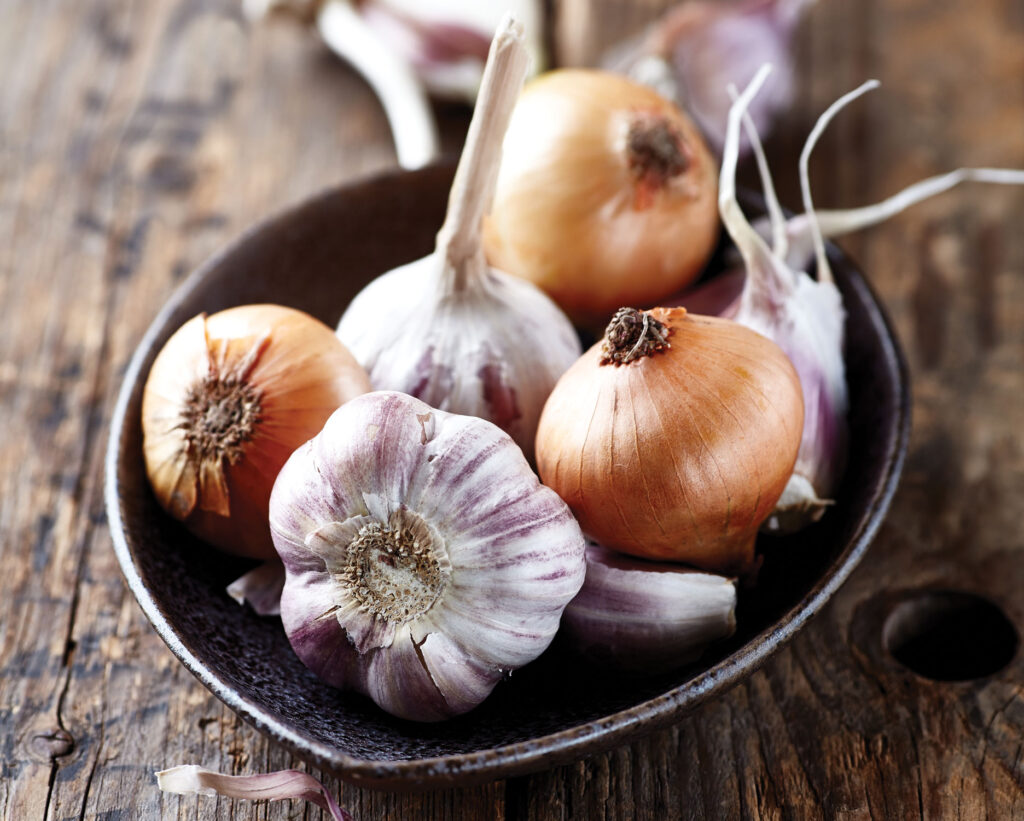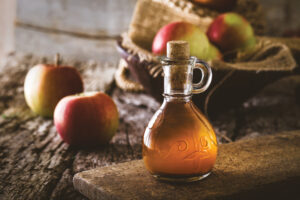Advertisement
Ask the Experts
Fresh garlic for heart health

Advertisement
Q: Fresh garlic is a staple in our household to help prevent colds. I’ve heard it’s good for the heart too, but how much should I eat?
A: From the beginning of recorded time, ancient cultures such as the Egyptians, Greeks, and Chinese have referenced garlic for its many medicinal properties, with warding off colds being one of them. We have come a long way since ancient times in our understanding of the many benefits of this amazing plant.
Although eating fresh garlic is recommended for its other health-giving properties, to realize heart health benefits, one would need to eat an awful lot of fresh garlic. That’s where aged garlic extract can help.
Since the 1950s, Japanese researchers have studied garlic to understand its health-giving properties. One of the outcomes of this research was a new process to age organic garlic. This aging process promotes a bioconversion that converts unstable organosulphur compounds (that can cause stomach upset with increased consumption) to milder and effective compounds such as S-allylcysteine and S-allylmercaptocysteine and an odourless aged garlic extract, or AGE.
According to the World Health Organization, cardiovascular diseases are the number one cause of death around the world. AGE addresses three of the common risk factors associated with heart disease: high blood pressure, high LDL (bad) cholesterol levels, and overall inflammation levels.
Studied at learning and research centres such as the National Institute of Integrative Medicine and University of California, Los Angeles, AGE has been shown to be safe and effective in lowering blood pressure, reducing LDL cholesterol levels, and decreasing inflammation. Keep eating garlic, but don’t forget to supplement with AGE to help improve your overall heart health.





